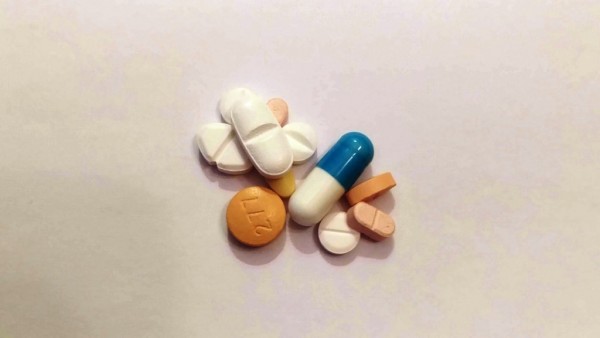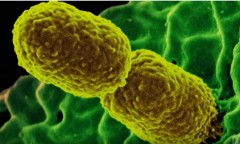By Jenia Cane, | February 22, 2017

These drugs are sold with the names Prevacid, Prilosec, Nexium, and Protonix, among others.
A recent study suggests that heartburn drugs could lead to kidney failure "silently and gradually over time." While patients may not notice its adverse effect, the clinical result claimed that the kidney damage could be long-term.
Heartburn medicines, which are known as proton pump inhibitors, work by blocking the enzymes that cause the burning sensation in the chest area. These enzymes in the wall of the stomach produce acid.
Like Us on Facebook
The study, conducted by researchers at Washington University School of Medicine in St. Louis and the Veterans Affairs St. Louis Health Care System, involved 125,000 subjects. Over half of them never experienced acute kidney problems before taking heartburn drugs. However, they have developed chronic kidney damage.
"Our results indicate kidney problems can develop silently and gradually over time, eroding kidney function and leading to long-term kidney damage or even renal failure," Ziyad Al-Aly, MD, the study's senior author and an assistant professor of medicine at Washington University School of Medicine, said of the study published on Wednesday in "Kidney International."
"Patients should be cautioned to tell their doctors if they're taking PPIs and only use the drugs when necessary," Al-Aly added. These PPIs are sold with the names Prevacid, Prilosec, Nexium, and Protonix, among others.
Meanwhile, the other heartburn drugs, known as H2 blockers, have been found to not "likely" cause kidney problems. It was noted, though, that they are not as effective as PPI.
"Doctors must pay careful attention to kidney function in their patients who use PPIs, even when there are no signs of problems," Al-Aly said.
The researchers discovered that only 7.67 percent of the 18,436 new users of H2 blockers eventually experienced chronic kidney disease despite not having acute kidney problems, while 1.27 percent have end-stage renal disease. On the other hand, more than half of the chronic kidney damage and end-stage renal disease cases associated with the use of PPI happened in patients without acute kidney disease.
In the meantime, Dr. Allan Rajula, a gastroenterologist consultant at the Aga Khan University Hospital in Nairobi, Kenya, pointed out that heartburn or acid reflux must not be ignored since it is among the most common symptoms of gastroesophageal reflux disease (GERD).
-
Use of Coronavirus Pandemic Drones Raises Privacy Concerns: Drones Spread Fear, Local Officials Say

-
Coronavirus Hampers The Delivery Of Lockheed Martin F-35 Stealth Fighters For 2020

-
Instagram Speeds Up Plans to Add Account Memorialization Feature Due to COVID-19 Deaths

-
NASA: Perseverance Plans to Bring 'Mars Rock' to Earth in 2031

-
600 Dead And 3,000 In The Hospital as Iranians Believed Drinking High-Concentrations of Alcohol Can Cure The Coronavirus

-
600 Dead And 3,000 In The Hospital as Iranians Believed Drinking High-Concentrations of Alcohol Can Cure The Coronavirus

-
COVID-19: Doctors, Nurses Use Virtual Reality to Learn New Skills in Treating Coronavirus Patients









